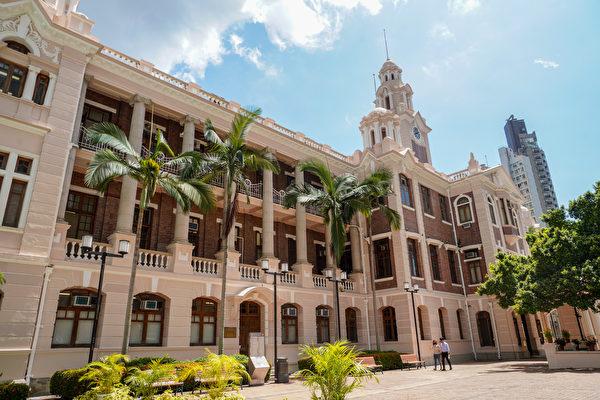Chinese education authorities are reviewing research misconduct under pressure from massive retractions from international journals. One college in northern China recently publicized a list with hundreds of unscrupulous domestic journals.
According to Chinese state media, The Paper’s report on April 4, the Shanxi Institute of Engineering and Technology’s education department has cataloged more than 400 “misconduct journals” as “unrecognized” for title evaluation for their “reckless disregard for academic quality” and “chaotic management.”





